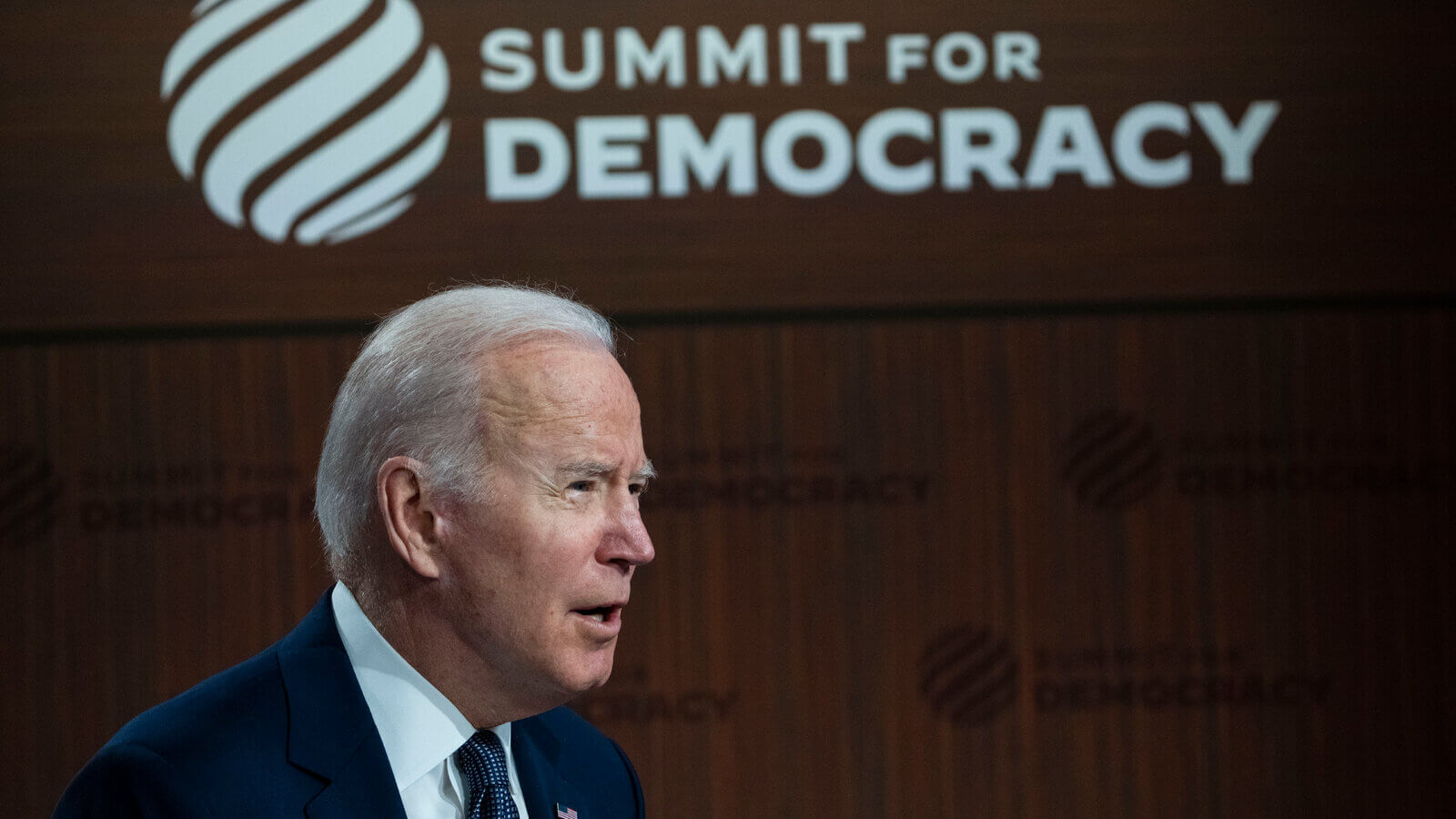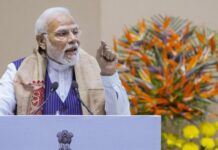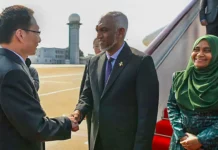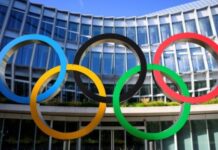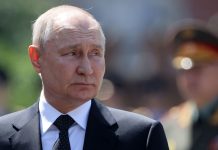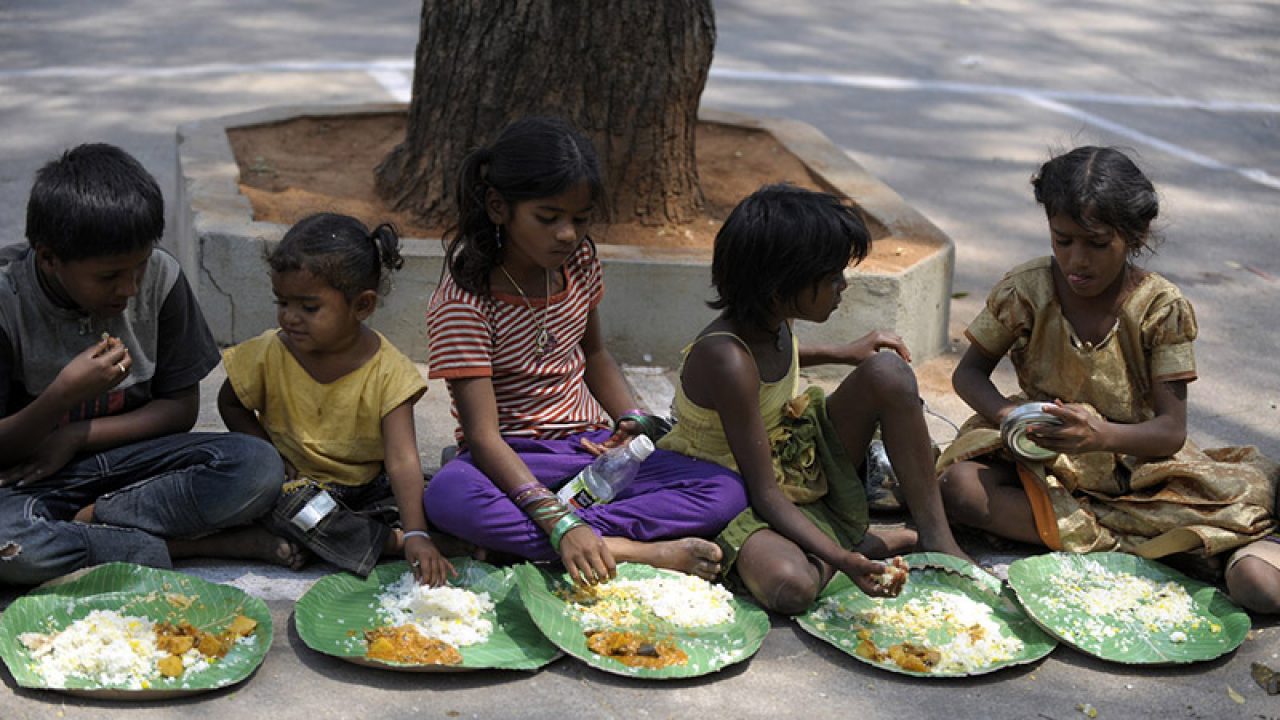This year saw several democratic countries become autocratic or dictatorial, for example, Myanmar, while US President Joe Biden inaugurated the first White House virtual ‘Summit for Democracy’ last week, addressing over 100 leaders on the need to shore up democracy against threats from autocrats. He stressed the need to renew the commitment to democratic principles for future generations. In his speech, he also alluded to United States’ domestic challenges to its democratic institutions and traditions.
Biden presided over a closed-door session where 12 leaders, including Prime Minister Narendra Modi, were invited to make their interventions. Modi claimed the “four pillars of Indian democratic governments” are “sensitivity, accountability, participation and reform orientation”.Calling for reform of international institutions, Modi also said that “principles of democracy should also guide global governance”.Official sources also added that the Indian prime minister claimed that since technology could impact democracy “positively or negatively”, “technology companies should contribute to preserving open and democratic societies”.The Indian government has had a contentious relationship with IT companies Twitter and Facebook, overnew IT rules and compliance on requests to ban some accounts.
The US government had sent invitations to 112 countries to participate in the summit. Among the major powers, Russia and China were not on the invitee’s list. From South Asia, India, Pakistan, Nepal and Maldives were invited. Pakistan declined to participate but did not officially provide reasons.
In his speech, Modi praised Biden’s initiative for organizing the democracy summit and asserted, being the world’s largest democracy, India was always willing to share its experience.
India’s “civilizational” ethos is one of the “original sources of democracy”, Modi claimed, “the democratic spirit, including respect for rule of law and pluralistic ethos, is ingrained in Indians”.He especially praised the Indian diaspora for their contribution to the economic well-being and social harmony of their adopted countries.
Earlier this year, the US government-funded non-profit Freedom House had downgraded India’s status from a “free” to a “partly free” country. There had been an immediate and strong reaction from the Indian Foreign Ministry, Information and Broadcasting Ministry and even the Union finance minister, dismissing the assessment as “inaccurate”.
Freedom Housedemocracy watchdog had observed that in India, the political rights of Indian Muslims are “threatened” and “marginalized segments of population face obstacles to full political representation”. However, the watchdog failed to mention what Muslims did to Hindu minorities in state of Kashmir since Independence.
Modi also stated that, he is proud to represent the world’s largest democracy at the Summit. The democratic spirit is integral to our civilization ethos,” Modi said. He mentioned of the elected republican city-states such as Licchavi and Shakya that flourished in India as far back as 2,500 years, by which democratic spirit and ethos had made ancient India one of the most prosperous.“Centuries of colonial rule could not suppress the democratic spirit of the Indian people.
The India story has one clear message to the world. Democracy can deliver, has delivered, and will continue to deliver.”

